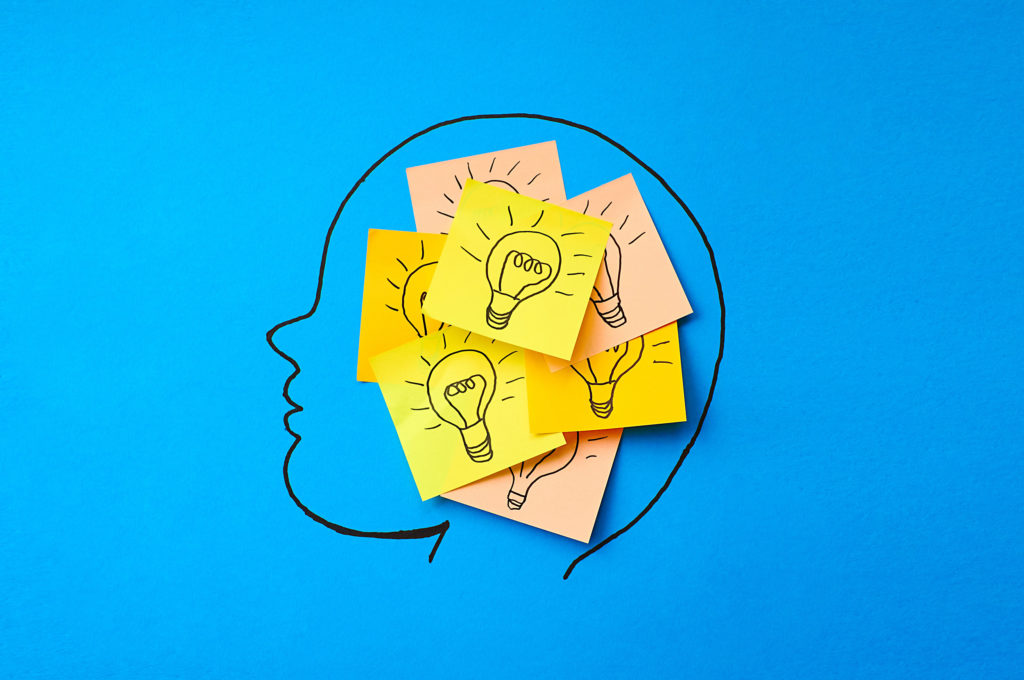Five tips for developing your memory – part 1

A strong memory depends on the health and vitality of your brain.
Five tips for developing your memory – part 1
A strong memory depends on the health and vitality of your brain. Whether you’re a student studying for final exams, a working professional interested in doing all you can to stay mentally sharp, or a senior looking to preserve and enhance your grey matter as you age, there’s lots you can do to improve your memory and mental performance.
There are two kinds of memory — short-term and long-term. Short-term memory is the kind of memory our brain uses to store small pieces of information needed right away, like someone’s name when you meet for the first time.
Long-term memory is for things you don’t need to remember this instant. For example, when you’re studying for a test or exam, that’s long-term memory at work. A memorable moment in your life, events with family or friends, and other similar kinds of situations also get stored in long-term memory
According to lifestyle sites Healthy Living and Very Well Minds, these are the top tips for improving your memory:
1. Focus
Pay attention to the task at hand. This is important, because your brain needs time to encode the information properly. If it never makes it into your memory, you won’t be able to recall it later.
2. Give your brain a workout
Memory, like muscular strength, operates on the principle of “use it or lose it”. The more you work out your brain, the better you’ll be able to process and remember information. But not all activities are equal. The best brain exercises are those that break your routine and challenge you to use and develop new brain pathways. Research shows that the key to this is taking on and learning a new skill. It doesn’t seem to matter whether it’s learning to play ping pong or doing crossword puzzles – as long as you haven’t mastered the skill before, your brain will have something new to learn and will boost it’s memory retention and recall capacity in the process.
3. Smell, touch, taste, hear and see it
The more senses you involve when you encode a memory, the stronger that memory will be and the easier it will be to recall later. Need to remember someone’s name you met for the first time? It may help to look them in the eye as you repeat their name and offer a handshake. By doing so, you’ve engaged four out of your five senses.
4. Repeat it
One reason people who want to memorise something repeat it over and over again is because repetition (what psychologists sometimes refer to as “over learning”) seems to work for most people. It helps not to cram, though. Instead, repeat the information spaced out over a longer period of time.
5. Organise it
Our brains like information to be organised. That’s why books have chapters, and outlines are recommended as a studying method in school. By carefully organising what it is you have to memorise, you’re helping your brain better encode the information in the first place.
Part 2 of this article will cover more effective ways of improving your memory – a task most of us strive to do at some given time.



